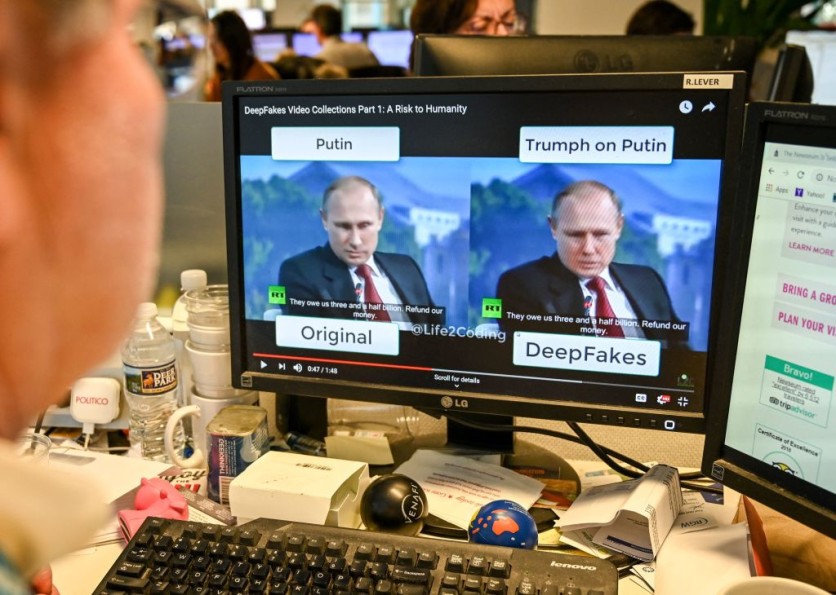To combat the spread of deepfakes and misinformation, the Indian government has taken an aggressive stance, issuing stern warnings to major social media platforms such as Facebook and YouTube.
Reuters reports that Deputy IT minister Rajeev Chandrasekhar led the charge in a closed-door meeting, emphasizing the imperative for Facebook, YouTube, and other platforms to abide by local laws that prohibit the dissemination of deepfakes, obscene content, and misinformation.

India's Strong Stance Against Misinformation
Chandrasekhar's message was crystal clear: the rules laid out in 2022 prohibiting harmful content, especially those targeting children or impersonating individuals, must be enforced.
He stressed the urgency for these tech giants to update their usage terms promptly, ensuring users are reminded, upon login, of the prohibitions against posting such content.
Failure to comply could prompt the government to issue directives mandating compliance, a "non-negotiable" demand as described by a source present at the meeting.
India's IT ministry further reiterated in a press statement that all platforms have agreed to align their content guidelines with the stringent government rules, underscoring the uncompromising stance taken by the authorities.
Global Concerns on Deepfake Technology
This development comes amidst growing global concerns over deepfake technology, which employs AI algorithms to create deceptively realistic yet entirely fabricated videos.
Prime Minister Narendra Modi recently raised these concerns during a G20 summit, highlighting the urgent need for global cooperation in regulating AI and combatting the detrimental effects of deepfakes on society.
The warning directed at social media platforms is just one facet of India's efforts to tighten regulations on these companies, considering India a critical growth market.
Previously, the government criticized platforms for failing to remove what was deemed as fake news, compelling the authorities to issue content takedown orders.
Deepfake technology's impact is palpable worldwide. Reports suggest that 71% of internet users worldwide have no idea what a deepfake is. Deepfakes are known to just under a third of global consumers. These alarming figures underscore the gravity of the situation and the necessity for stringent measures.
Moreover, recent statistics reveal a doubling in the number of deepfake videos since 2018, reaching a staggering 14,678 videos in 2021, as reported by Deeptrace.
This exponential growth in deceptive content creation poses a substantial challenge in maintaining the authenticity and integrity of digital information.
The public's understanding and recognition of deepfakes remain a concern. Surveys indicate that many global consumers are unaware of what constitutes a deepfake or lack confidence in their ability to spot altered videos and images.
Deepfake Tech Threats in North America
In North America, the proportion of deepfakes has surged from 0.2% to 2.6% within a year, causing shifts in social media usage and news consumption patterns among Americans.
Reports also highlight the rise of deepfakes in financial scams, with a 300% increase in deepfake-based fraud attempts reported in 2020.
Stay posted here at Tech Times.
Related Article : EU Supports Measures Requiring Meta, Google, & Other Big Tech To Combat Child Pornography

ⓒ 2026 TECHTIMES.com All rights reserved. Do not reproduce without permission.




